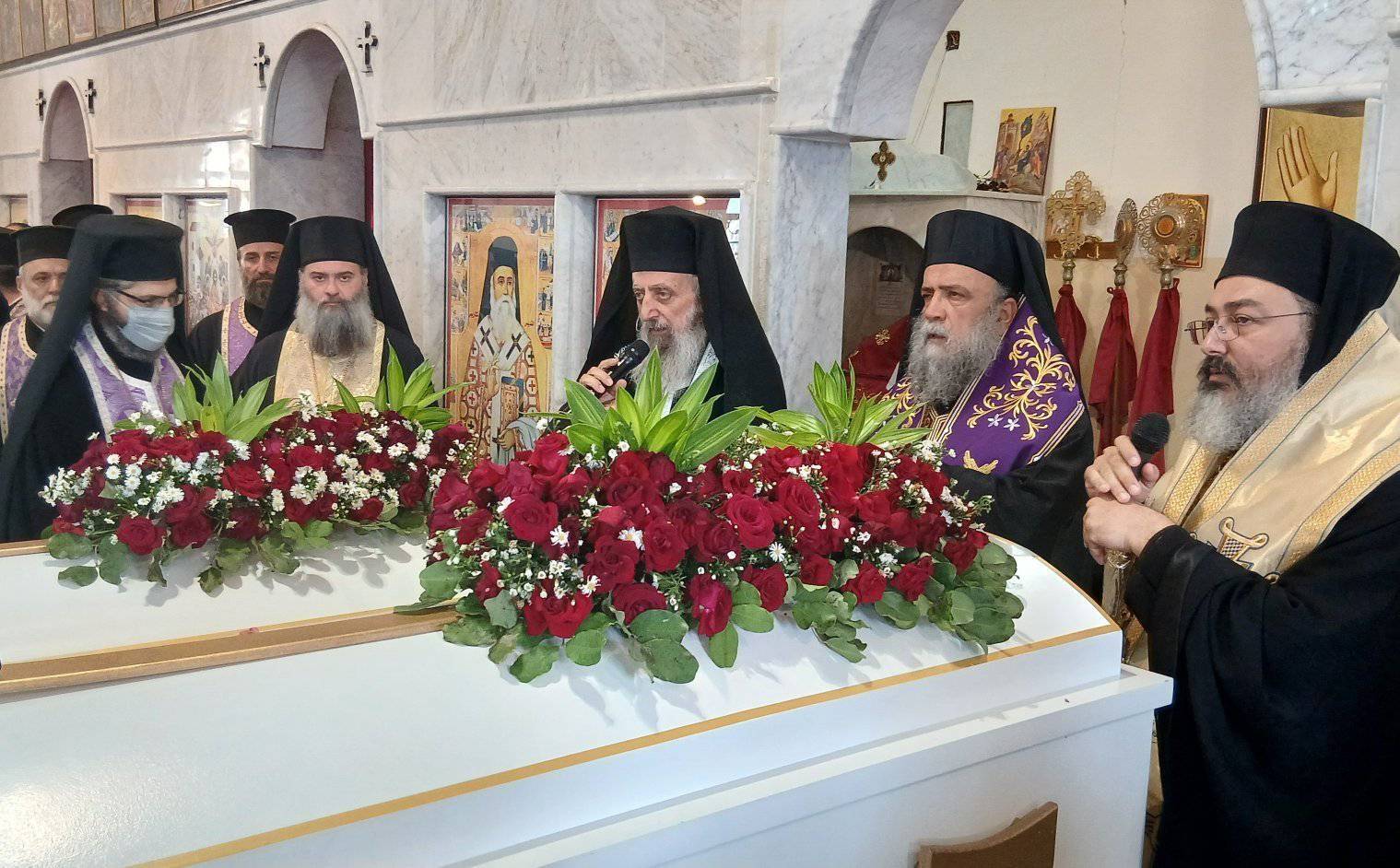Lack of Educational Structures for the Reintegration of Repatriated Greek Children
The Member of Parliament of NIKI, Mr. Rountas, submitted a Parliamentary Question to the Minister of Education, Religious Affairs and Sports titled:
“Lack of Educational Structures for the Reintegration of Repatriated Greek Children.”
Despite the Government’s repeated announcements about a so-called “repatriation policy” and its intention to “attract Greeks from abroad,” Greece still lacks an organized and functional network of schools capable of welcoming and supporting the children of families returning permanently to the country.
The existing legal framework for intercultural education (Articles 34–37 of Law 2413/1996) remains practically inactive regarding this category of students. Current support structures — such as Reception Classes under Educational Priority Zones (ZEP) and the few intercultural schools — are insufficient, understaffed, and unevenly distributed across the country.
Hundreds of families of Greeks returning from abroad to cities such as Athens, Thessaloniki, Patras, Heraklion, Chania, Larissa, and Ioannina find that:
There are fewer than 30 intercultural schools nationwide.
Reception Classes operate inconsistently, often lacking adequate staff and funding.
There is no specialized framework for Greek-origin children returning from foreign educational systems.
Furthermore, there is no coordinated public service to inform or guide repatriated families, even though the State promotes digital “repatriation incentives” through the Independent Authority for Public Revenue (AADE) and Article 5G of the Income Tax Code.
Thus, while the Ministry of Finance offers tax incentives for Greeks abroad to return, the Ministry of Education has failed to establish the necessary educational infrastructure for their children.
Mr. Rountas requests the Minister of Education to respond to the following:
1. How many intercultural schools are currently operating (academic year 2025–2026), and in which regions? Will the Ministry publish a complete, updated list?
2. How many ZEP Reception Classes (Type I and II) are operating actively, and how many failed to operate due to staffing or funding shortages?
3. Is there a plan to establish Reception Departments for Repatriated Students, with additional teaching of Greek as a second or heritage language and psychological support for school transition?
4. Does the Ministry intend to develop a national program “Greek-Language Reintegration” in cooperation with the Ministry of Foreign Affairs and the General Secretariat for Greeks Abroad?
5. Why are there fiscal incentives for repatriation but no equivalent educational provisions for the reintegration of repatriated children?
Mr. Rountas emphasized that the educational reintegration of repatriated children is a fundamental prerequisite for any genuine repatriation policy, urging the Ministry to take immediate action to establish a cohesive, sustainable, and fair framework to support these students and their families.
https://www.hellenicparliament.gr/UserFiles/c0d5184d-7550-4265-8e0b-078e1bc7375a/13088311.pdf



